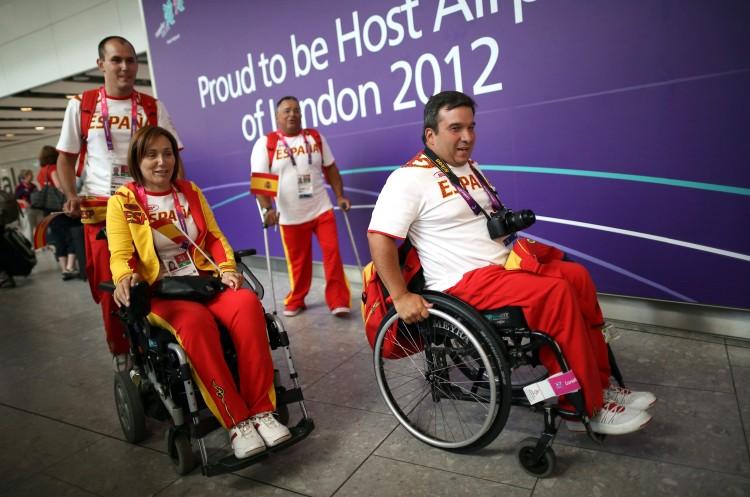When world leaders sign the final text of the Rio+20 Earth Summit Friday, they will be signing off on a document most see as falling far below expectations for concrete action.
The 49-page document titled “The Future We Want,” represents common ground on how to achieve global growth and sustainability.
As host of the United Nations meeting, Brazilian Foreign Minister Antonio Patriota called the conference a “victory for new multilateralism” and praised the “transparent and inclusive” process.
“We now have a solid basis that enables us to work on a vision for the medium and long term,” Patriota said at a press conference on June 19.
The group of nongovernmental organizations (NGOs), however, strongly condemned the text at the plenary session Wednesday.
“We stand on the brink of Rio+20 being another failed attempt, with governments only trying to protect their narrow interests instead of inspiring the World and giving all of us back the faith in humanity that we need,” said Wael Hmaidan, director of Climate Action Network International, on behalf of the NGOs.
Hmaidan further criticized the text as being “completely out of touch with reality” lacking mention of planetary boundaries, tipping points, or the Earth’s carrying capacity.
“Just to be clear, NGOs here in Rio in no way endorse this document,” he said adding that a petition called The Future We Don’t Want has already been signed by more than 1,000 organizations and individuals.
The BusinessGreen website provided a content analysis to show the watered-down language of the document: The word “encourage” appears 50 times, “we will” only five times; “support” is used 99 times, whereas the word “must” just appears three times. Targets, financing, and timetables were also stripped from the text.
Several commentators point out that although the text lacks substance and commitment, at least it is a step in the right direction. And the fact the meeting produced a document at all, can be seen as at least one measure of accomplishment.
And there are small gains such as the affirmation of technology transfers as a way to bridge the technology gap and trust gap between the developed and the developing world.
Green Economy
One of the central pillars of the conference was to formalize the concept of a “green economy” as a way to achieve poverty eradication, equality, growth, and sustainability.
In the text, however, the first paragraph of the relevant section says, “We affirm that there are different approaches, visions, models, and tools available to each country… to achieve sustainable development” and that green economy “could provide options for policymaking but should not be a rigid set of rules.”
This has been widely interpreted as a way of saying that it is up to each country to define what a green economy is and also how to work to achieve it.
U.N. Secretary-General Ban Ki-moon acknowledged in a press conference that negotiations had not lived up to expectations, and that the way the text is written, its implementation will be very much up to the political will of the individual countries.
However, some are seeing the lack of definite, binding agreements as a signal that it is now up to civil society, corporations, and governments to find ways to work together, since these kinds of high-level global summits have proved unable to achieve the changes necessary.
“That really is a positive thing, because they realize they have to work with civil society to create coalitions who can retool, rather than wait for politicians to put the right frameworks in place,” British Telecom’s Chief Sustainability Officer Niall Dunne told BusinessGreen.
The Epoch Times publishes in 35 countries and in 19 languages. Subscribe to our e-newsletter.






